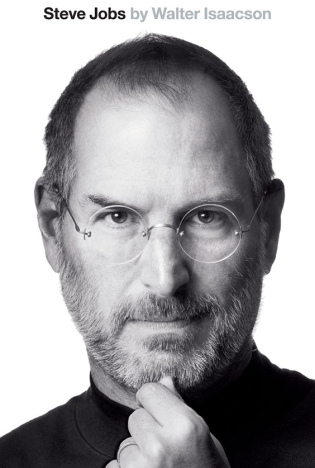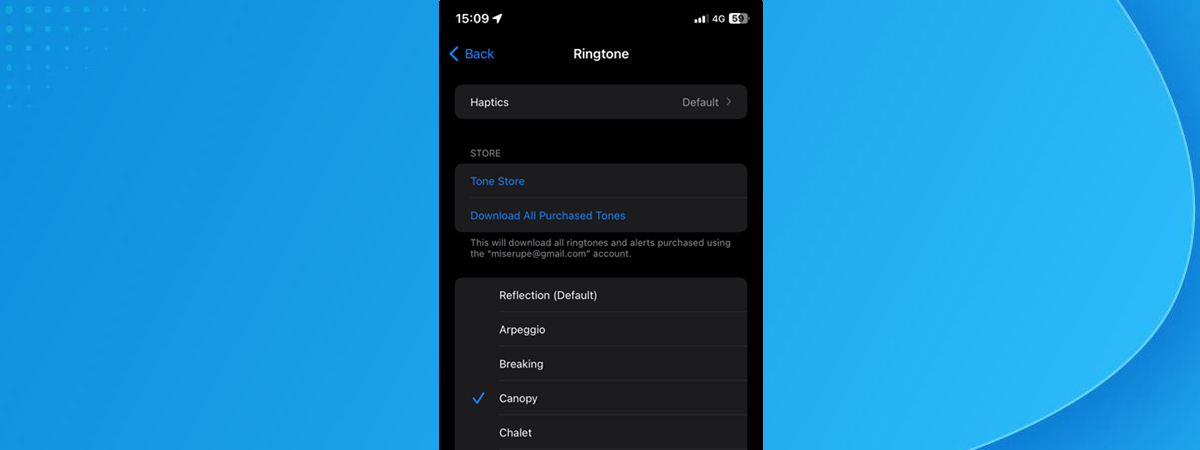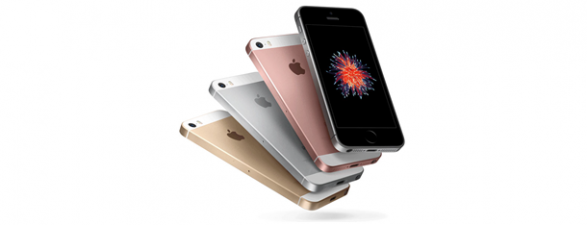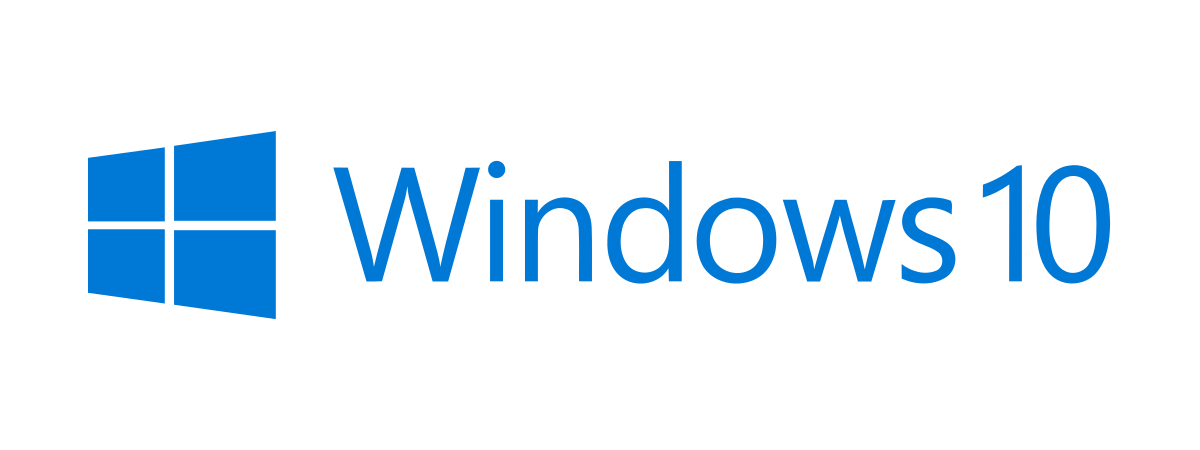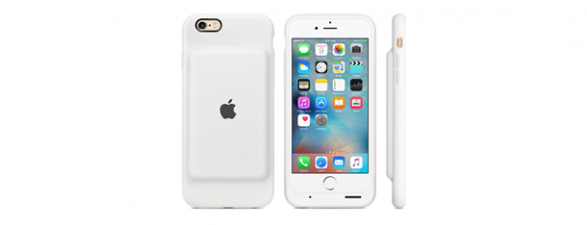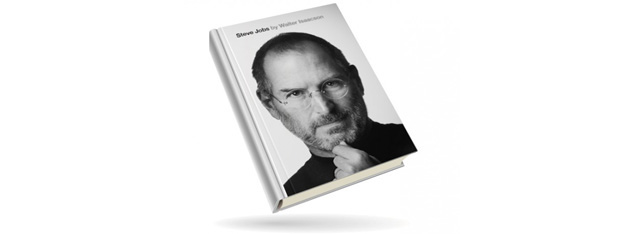
Reading the title of this book review - I'm sure you have an ironic smile on your face. Why would a blog about Windows, for Windows users, review a book about Steve Jobs? Because no matter how much he berated Microsoft and Windows, Steve Jobs had a great influence on the tech world and contributed to the exciting & privileged context in which we find ourselves today. Should a Windows user (or fan) read Steve Jobs's biography by Walter Isaacson? Read on to find out.
Why the book is "shit"
While reading the book, I found it ironic how imperfect it is and how many reasons Steve Jobs would have had to tag it as being "shit", if he would have read it:
- Repetition - there are some ideas which are repeated over and over again. After reading them for the third time, they start to annoy you. Here are a few example of such ideas: "the core of Steve's & Apple's philosophy was tight end-to-end integration of hardware and software", Steve's black and white view that people, companies or products are either geniuses/perfection or bozos/suck, Steve had a laser-like attention and focus on priorities, etc.
- Flattery - at times the book has the tendency to inflate Steve's merits and make him sound like more than he was, especially towards the end of the book. While I can understand that Walter Isaacson owes Steve Jobs for being asked to write this book and all the good things that come with it, it would have been better to keep a grounded tone across the whole book, including its end. Reading statements such as "Was he smart? No, not exceptionally. Instead, he was a genius." or how Steve "created a corporation crammed with A players." is a bit too much. I am not saying that Steve did not have his moments of genius, but the way this is expressed in the book is a bit "flashy" at times. Also, regarding Apple, the simple fact that it has become a corporation means it is NOT crammed with A players. This is a huge overstatement and to prove it wrong there are plenty of examples of Apple's failed products, including recent ones like Mobile.Me or the iTunes software itself which is one of the most bloated software products ever.
- Misleading statements - which inflate the merits of Steve Jobs and Apple. Steve Jobs might have actually enjoyed reading them. However, they create a false aura, especially to people who are not that interested in technology and aware of its true evolution. Some of these statements are:
- "The iPhone turned mobile phones into music, photography, video, email and web devices." The author should have mentioned that phones were such devices prior to the iPhone being launched. It is not like the iPhone was the first smartphone ever. Its true accomplishment was that it made smartphones popular, the kind of devices everybody wants to buy. It made this niche more competitive than ever and it fueled great innovation.
- "The iPad launched tablet computing". This statement is again very misleading. Tablet computing existed prior to the iPad. It just wasn't popular and considered to be "the future" of computing, prior to the iPad being launched. Just like the iPhone, the iPad had the merit of making this niche popular, competitive and fueled real innovation.
- "iCloud demoted the computer from its central role in managing our content and let all of our devices sync seamlessly." This statement makes it sound as iCloud was the first product to play this role. This is FALSE. iCloud is simply Apple's solution to a concept developed first by other companies. Also, iCloud was designed for Apple customers, not for computers in general. Other companies have the merit of being the first in making cloud computing solutions for consumers. iCloud was launched in October 2011 while other companies offered solutions much earlier. Just to name a few famous examples: Dropbox started in 2008, Box.net started in 2005 while Microsoft started with Windows Live Mesh in 2008.
Steve Jobs - The flawed book
Don't get me wrong, this book is an interesting read. It's just that there was little to no time spent on making it polished and well rounded, in the tradition of Steve's successful product launches. By reading this book, you definitely get a better view of who Steve was as a human being and about his true life story. There are many ups and downs, just as in Steve's life. When the book starts to get really exciting, then you have passages which slow things down, only for the story get hectic later on. I enjoyed reading about Steve's background and his quest to find his real mother, his troubled youth and adventures with extreme eating habits, his search of spiritual enlightenment and passion for LSD and acid. I laughed at his practical jokes and felt good learning about the way he and Wozniak embarked on the adventure that would later become Apple - one of the most valuable tech corporations in the world. I really did not like how he handled the news of being a father for the first time and how he refused to take responsibility for his daughter. I also felt bad about how stupid he was to ignore his cancer and how much time he took to acknowledge that he needed surgery to save his own life. Most times, the book manages to stir up feelings and the desire to learn more. And that's really good. However, there are a few things I would have loved to learn more about, such as more details about his wife, her personality and her work. There was a pretty good amount of attention given to Steve's previous relationships but not enough depth in covering the woman who actually spent most of her life being at Steve's side - Laurene Powell. It would have been great also to get more details about how Steve was actually raised by his adoptive parents, not just a "mythical" view of the values they tried share and the sacrifices they made to give him a better life than they had and more chances at being successful. Knowing more about how they were as actual parents would have helped understand more facets of Steve's unusual personality.
Steve Jobs - The flawed human
One of the greatest things about the book is that it shows how flawed Steve Jobs was as a human being. He was far from being perfect and yet he succeeded in a way few people do in life. His story goes to show how much impact you can have on the world simply by being passionate about what you choose to do.
Speaking of Steve Jobs, the book shows that Steve's qualities are not exactly those preached by the press (and sometimes even by the author of the book), who was willing to inflate his personality and achievements in a big way, for the sake of sensationalism. In my view, after reading the book, I can say that Steve's main strengths were:
- Steve Jobs was a relentless dreamer. He kept dreaming about how we would like to change the world and easily made connections between his own convictions, ideas that were presented to him and observations of others' failures. He worked continuously on fine-tuning the details of his dreams and therefore he was able to talk with conviction and clarity about them, convincing others of their importance and greatness.
- Steve was a great showman and marketer. His product launches were mostly masterpieces, always generating interest and word of mouth.
- He was a strong negotiator, able to achieve what many others could not and get his way in most business deals he made.
- He was a perfectionist about things that mattered to him and cared even about details that seemed pointless to others. This allowed him and his company to develop products which stood out in a big way from their competition;
However, he did have plenty of flaws, some as big as his strengths:
- Steve Jobs was ruthless and most times lacked empathy towards other people's feelings, desires, and wishes. Unfortunately, he showed this ruthlessness even to people who cared deeply about him.
- He was hesitant about making really big decisions and sometimes even for taking responsibility for his actions. Some examples of this are him acknowledging that he actually is a father and taking responsibility for his first daughter, deciding whether he should return at Apple to play an active role or, later on, whether he should become the acting CEO (instead of interim CEO), deciding whether he should listen to his doctor's advice about going through surgery and treat his cancer, etc.
- Steve Jobs was a control freak. This is reflected both in the products and services offered by Apple (some of the most "closed" in the world) and in his personal life. For example, he would refuse to fully furnish and equip his house until he was fully satisfied by every detail, even by the type and brand of the washing machine. He did this even if it meant both he and the people living with him would not have easy access to all that is required for a comfortable living.
- He had very unbalanced eating and health habits. They contributed to making the health problems which led to his death worse than they should have been.
- He had a very biased and personal view of the world. This would lead him to easily dismiss competitors as being shit even though they were more successful than Apple. He easily declared Microsoft as being irrelevant even though Microsoft dominates many areas of technology and will continue to do so. He would also declare that Apple is a company that withstood the test of time. This is more wishful thinking of his part, as the real test of how long Apple will last and be successful starts only now, that he is no longer there.
Verdict
If you are a fan of Steve or Apple's products and you want to know more about their history, you should read this book. Even though it has plenty of imperfections and it could be improved in the way it is written, most probably is the only biography out there with so many inside details and information about Steve's life. Even though I am not a fan of Apple as a company, I always enjoyed viewing and listening to Steve's speeches and product launches. I also had a tremendous respect for his work and achievements. This book helped me learn more about who he really was and get a more grounded perspective on his strengths and weaknesses. As it turns out, he wasn't really a god. He was one of us... humans!


 20.12.2011
20.12.2011 